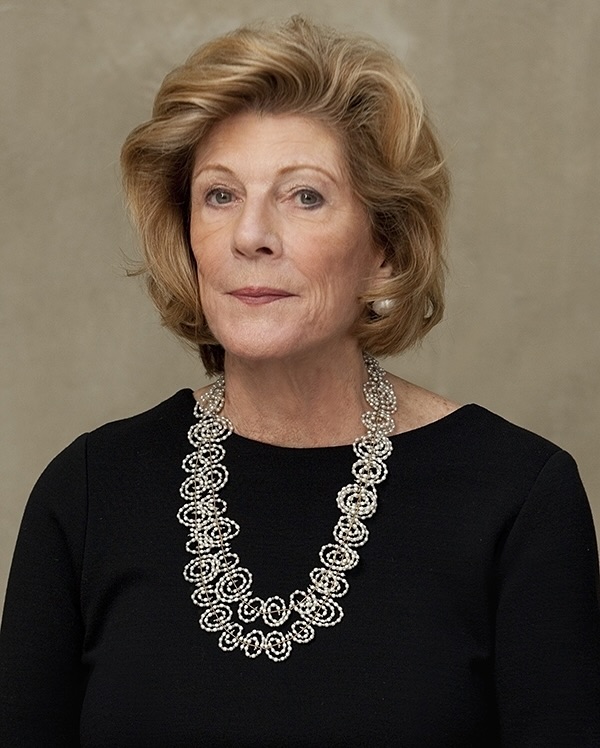It is with profound sadness that we mark the passing of Agnes “Aggie” Gund, a visionary philanthropist, collector, and advocate for justice, who died on September 18, 2025, at the age of 87. Her loss leaves a deep void in the art world, but her legacy—marked by generosity, purpose, and heart—will continue to shape and inspire generations.
Agnes Gund’s life was a testament to the power of art to uplift, educate, and transform. As President of the Museum of Modern Art (MoMA) from 1991 to 2002, and later as President Emerita and Life Trustee, she played an instrumental role in guiding the institution through a pivotal expansion and in broadening its impact. She also championed MoMA PS1 in Queens, helping to cement its role as a vital hub for contemporary and experimental art.
But Agnes’s vision extended far beyond walls of galleries. In 1977, she founded Studio in a School, a nonprofit that places professional artists into New York City public schools, ensuring children—even in the face of budget cuts—could experience the joy and power of making art.
Her commitment to social justice was deeply personal and bold. In 2017, moved by the call for criminal justice reform, she sold Roy Lichtenstein’s Masterpiece for $165 million, dedicating approximately $100 million of the proceeds to create the Art for Justice Fund. Through that initiative, she aimed to address mass incarceration and systemic racial inequities—an effort rooted in her profound belief in art as a vehicle for social change.
Agnes was also a collector of extraordinary vision and heart. Her personal collection, which included works by luminaries like Lichtenstein, Rothko, Jasper Johns, Ellsworth Kelly, and more, was not just a treasure trove—it was a resource she generously shared with public institutions. Over her lifetime, she donated hundreds of pieces, helping to build museum collections that reflect both artistic excellence and inclusivity.
Yet perhaps what people remember most about Agnes was her humanity. Her warmth, grace, and generosity shone in every corner of her life—from her elegant dinner parties (where she gave thoughtful, meaningful gifts) to her steadfast support for young artists and activists. She believed deeply in community, in education, and in the responsibility that comes with privilege.
To her family—her children, grandchildren, and siblings—and to all who loved and learned from her, we extend our deepest condolences. Her spirit lives on in her tireless advocacy, her generosity, and her conviction that art and justice are profoundly connected.
Rest in power, Agnes Gund. Thank you for your light, your leadership, and your love. You have changed our world—and we are forever better for having known you.
